Knowledge and Attitude towards COVID-19 Vaccine Booster Dose in Vaccinated Undergraduates in Colombo District: A Cross-Sectional Survey
Introduction: COVID-19 vaccine booster doses are additionally recommended to broaden the immunological response towards the disease. Conversely, COVID-19 vaccine booster hesitancy was noticed among the Sri Lankan population. Therefore, this study attempted to investigate the knowledge and attitude towards booster doses of the COVID-19 vaccine.
Objectives: To determine the knowledge, attitude, and hesitancy towards booster doses of the COVID-19 vaccine among the undergraduate population in the Colombo district.
Methodology: A descriptive cross-sectional study was conducted among 385 undergraduates in the Colombo district using a convenient sampling technique. Data were collected using a pre-tested, self-administered questionnaire. SPSS version 25 was used for the analysis of the study.
Results: Among the total participants (n=385), most respondents had good knowledge (n=198, 51.4%) regarding COVID-19. However, most participants had a neutral attitude (n=156, 40.5%) toward the COVID-19 vaccine. More than half of the participants (n=204, 53%) hesitated about the booster dose. The major factor identified for booster hesitancy was the fear of the side effects (n=119, 50.2%) whilst the least factor was the belief in the ineffectiveness of the booster doses (n=15, 6.3%).
Conclusion: Most of the respondents had good knowledge regarding COVID-19. However, many participants had a neutral attitude toward the COVID-19 booster dose. One of the major reasons for booster hesitancy was the fear of side effects of the vaccine. In this regard, imparting knowledge and increasing good behavioural change toward COVID-19 booster dose is the best solution to reduce hesitancy.
Keywords
COVID-19 vaccine
,
Knowledge
,
Attitude
,
Booster dose
,
Side effects



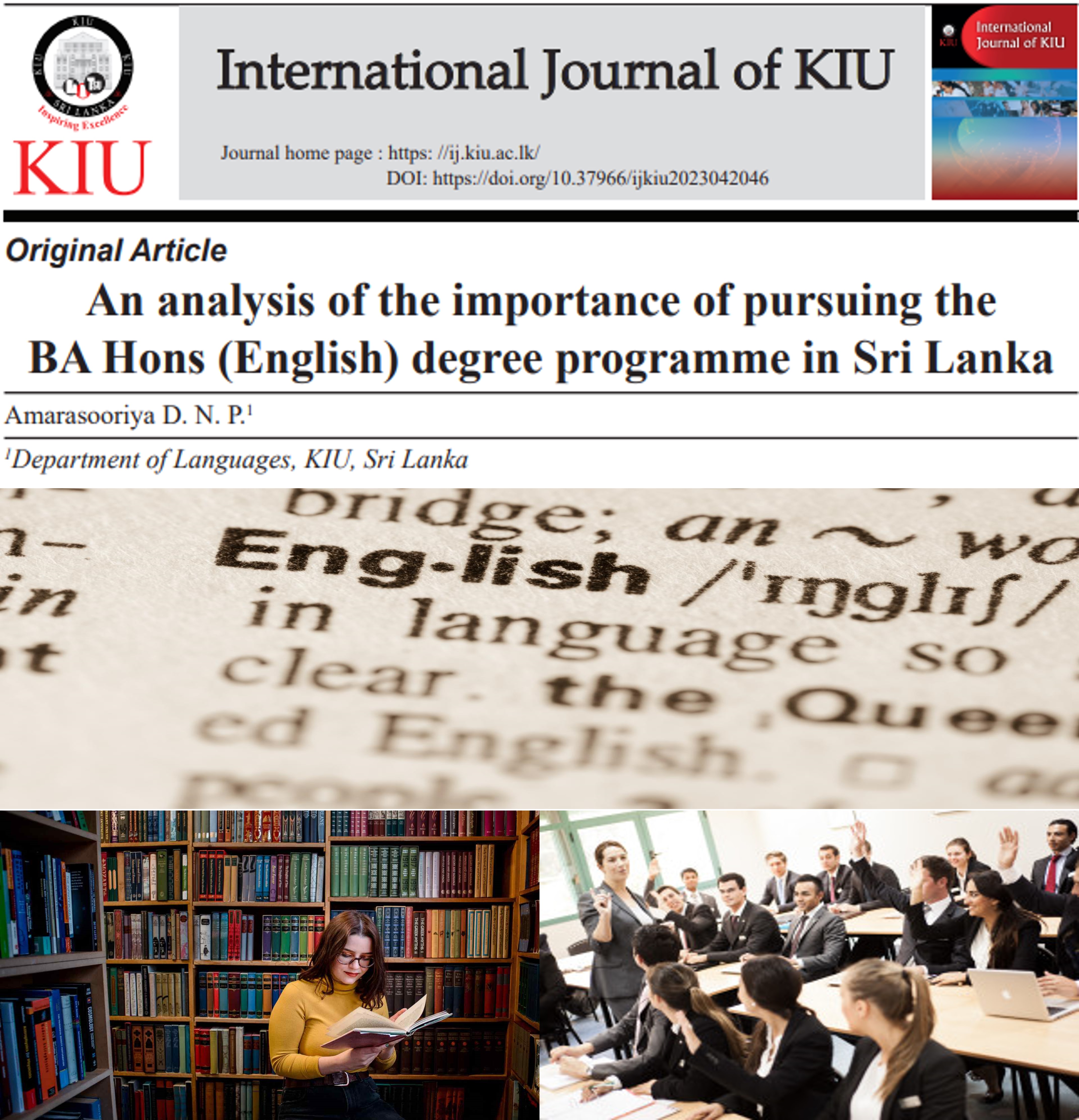
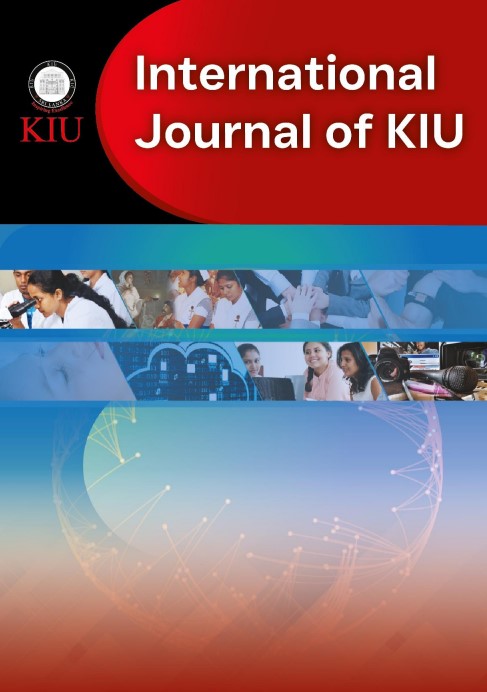
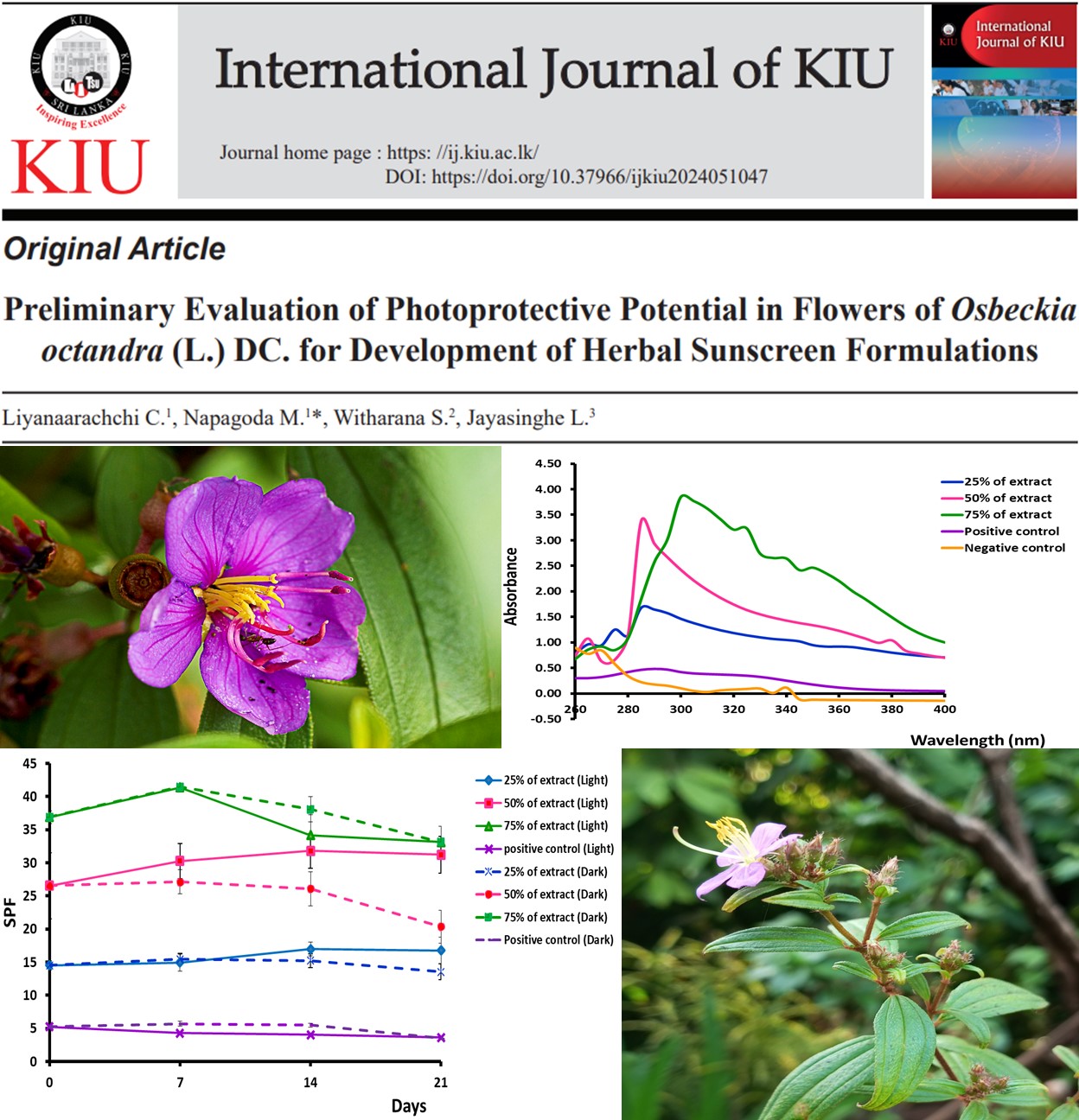
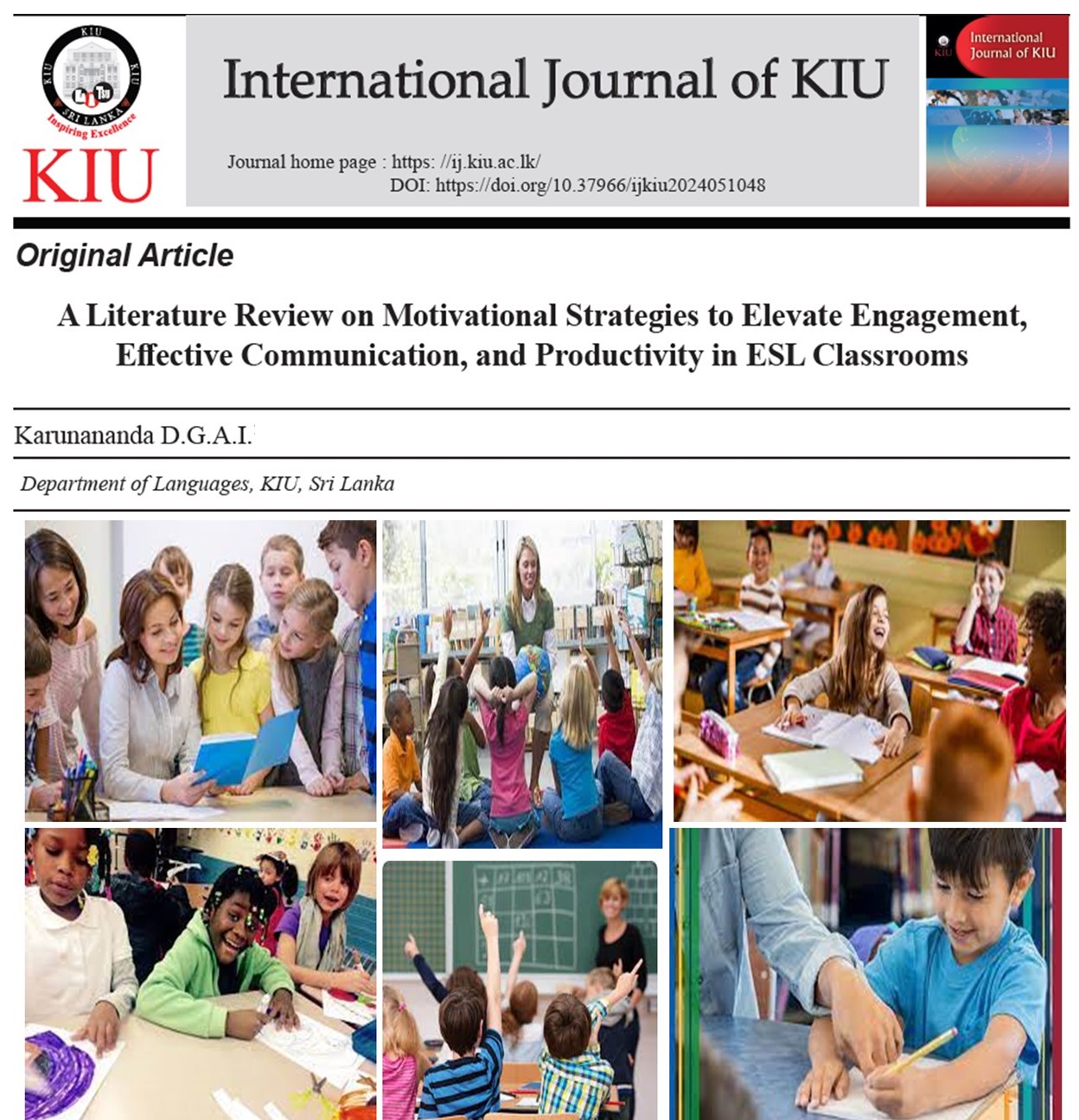
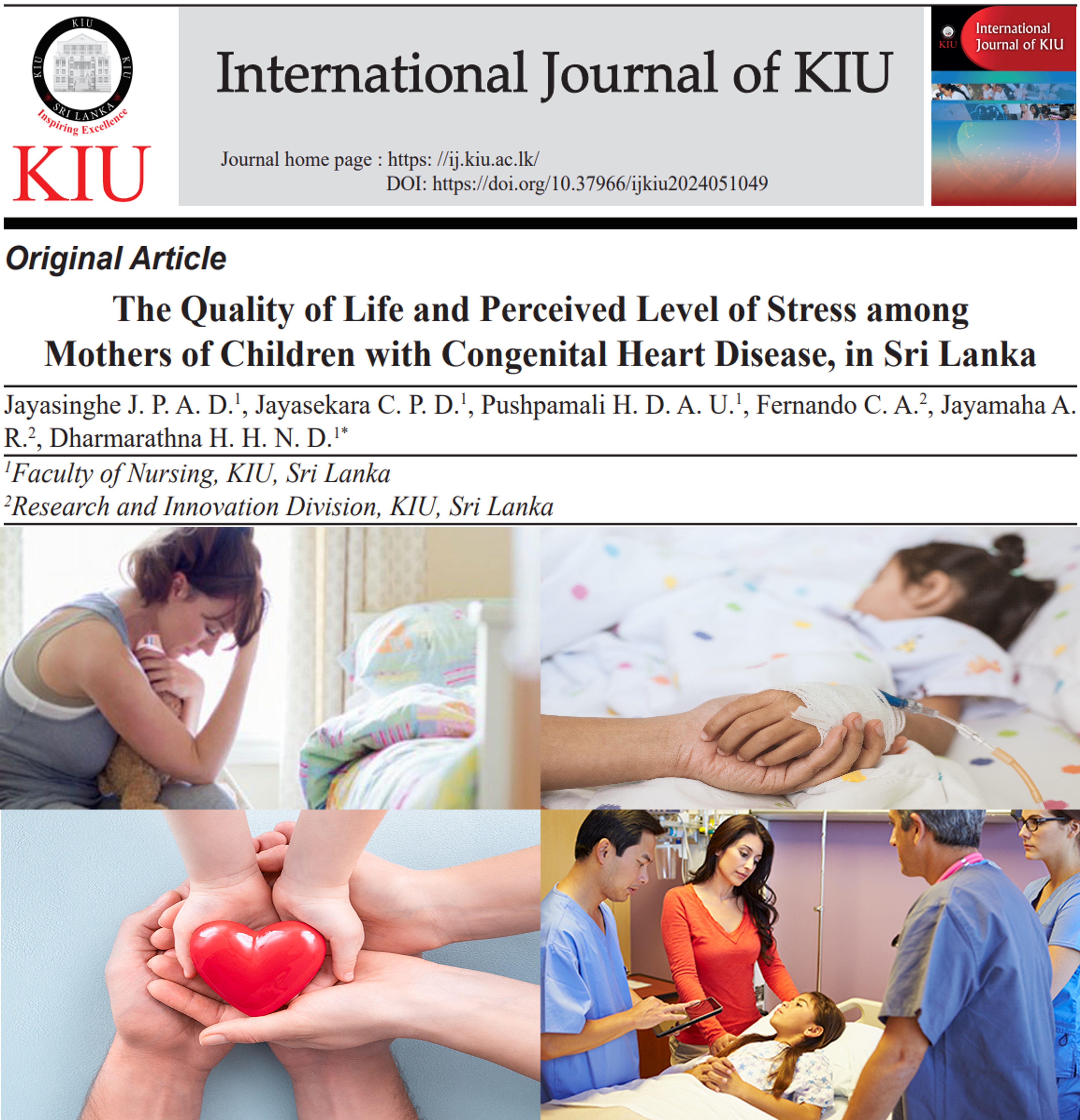
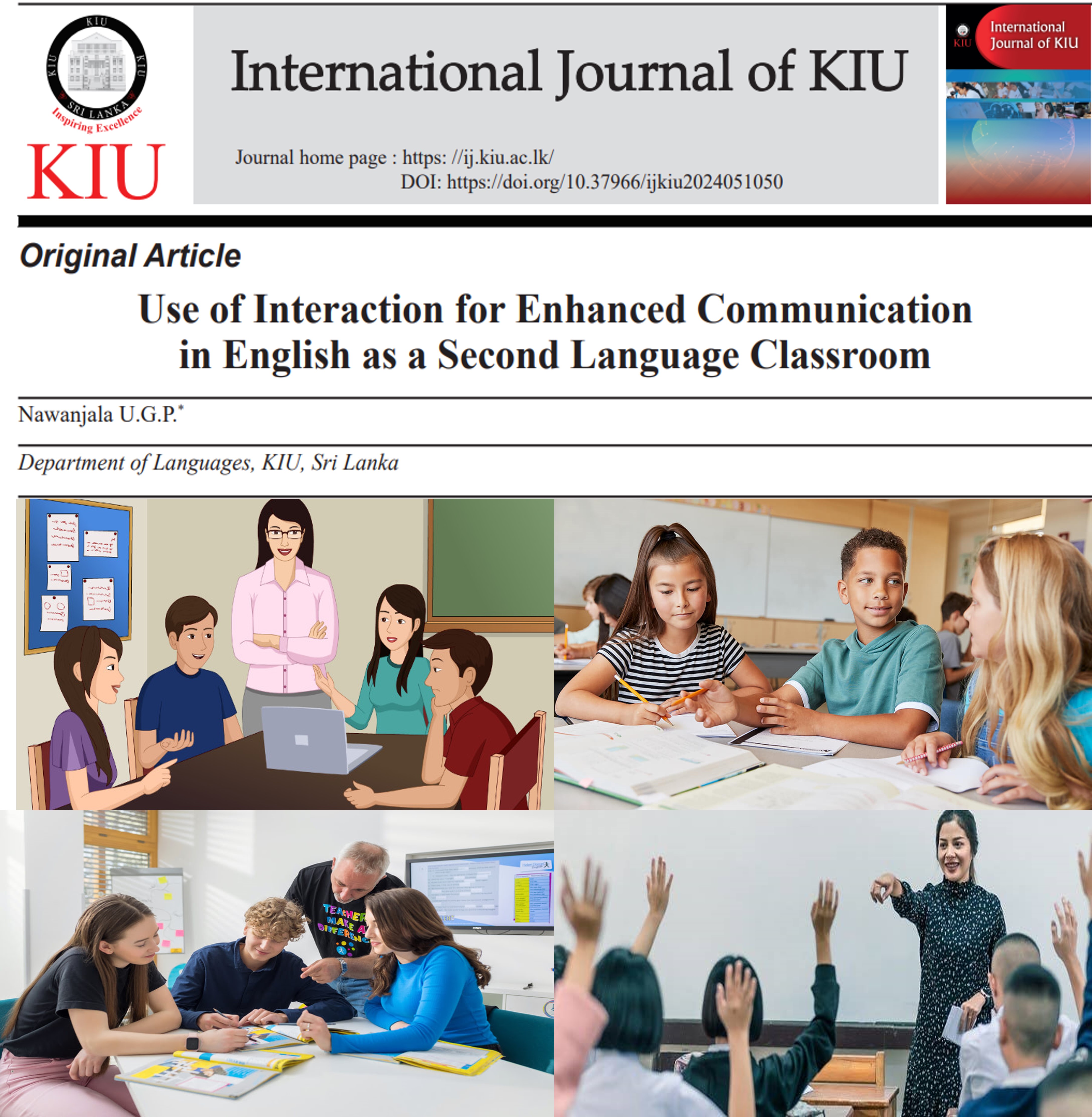
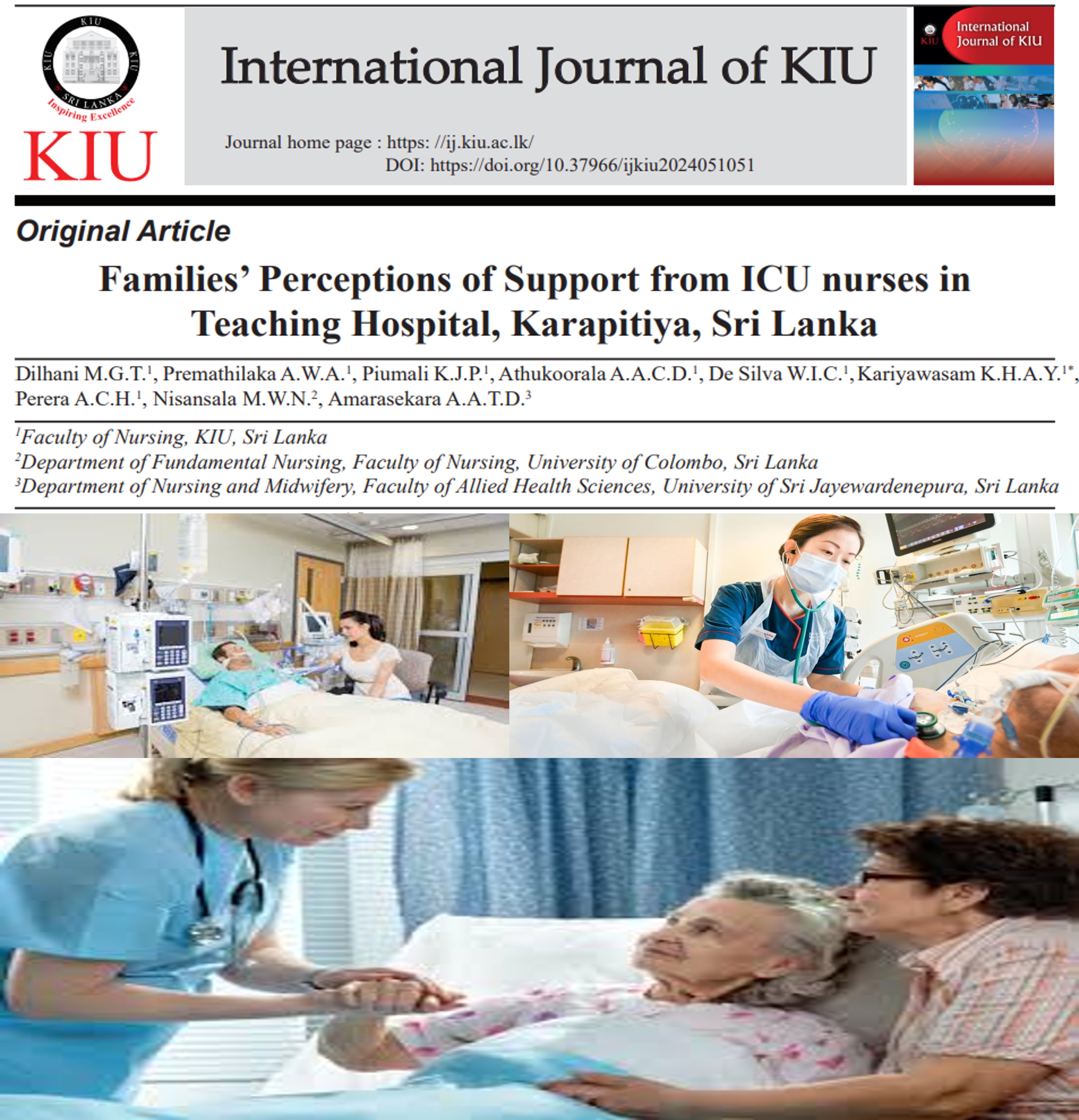
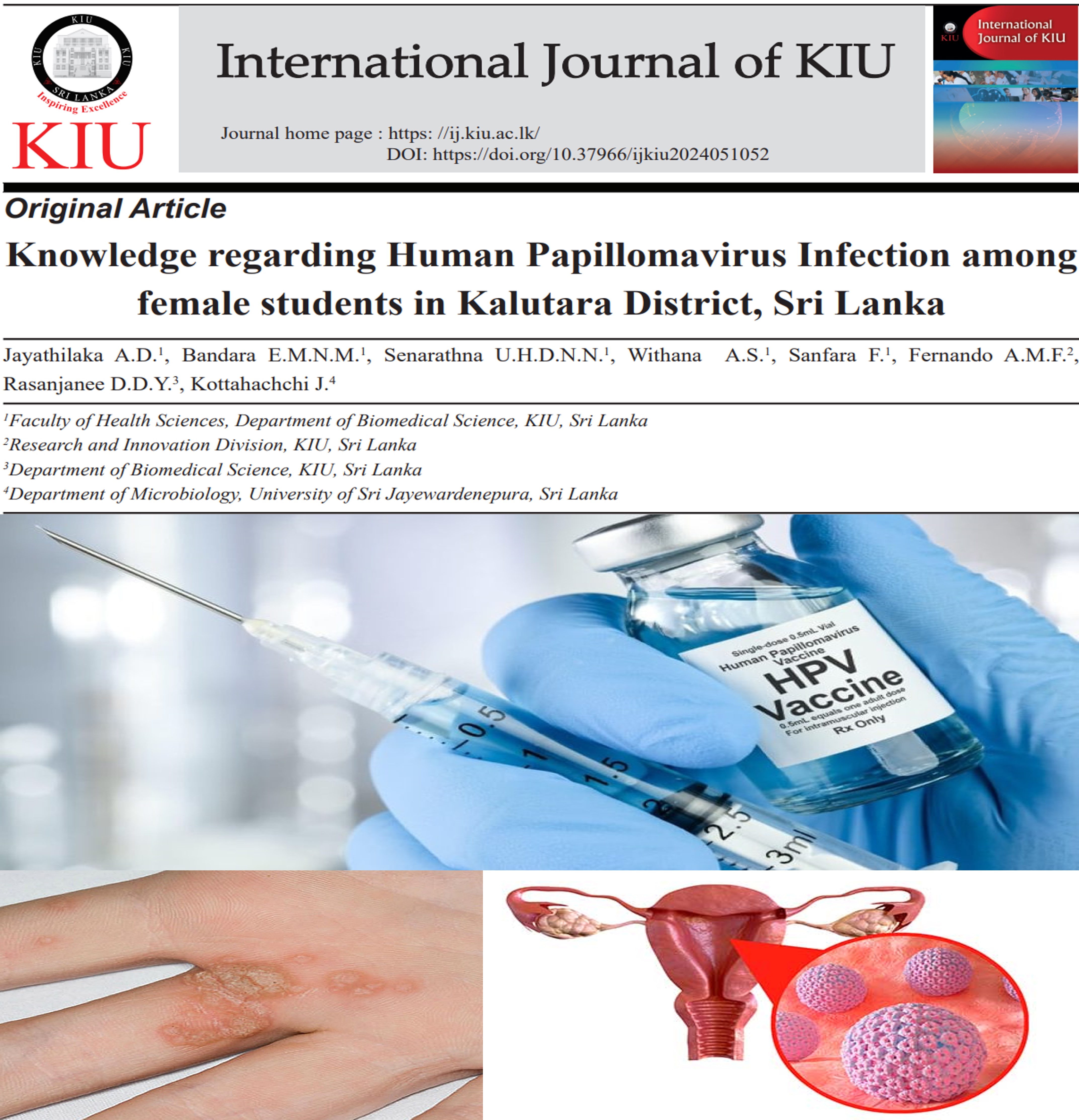
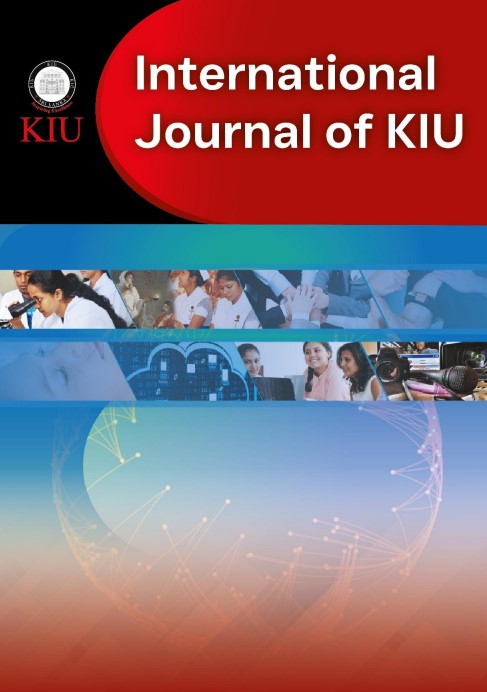
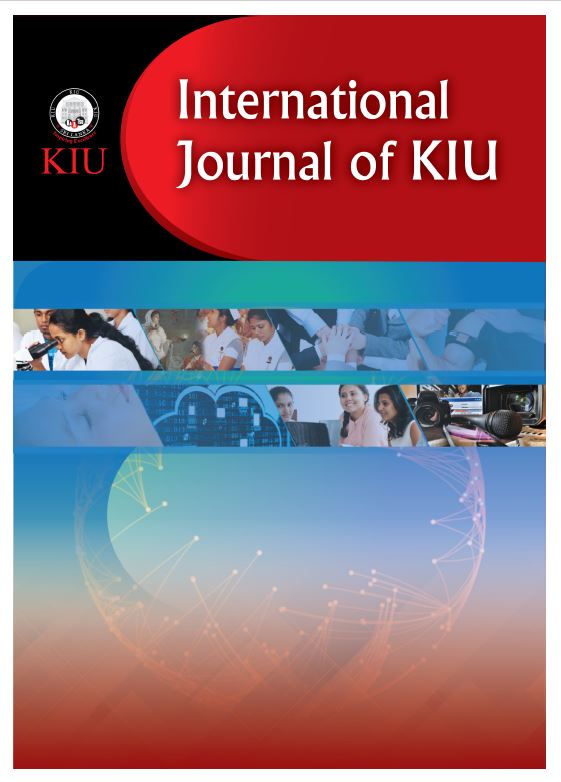
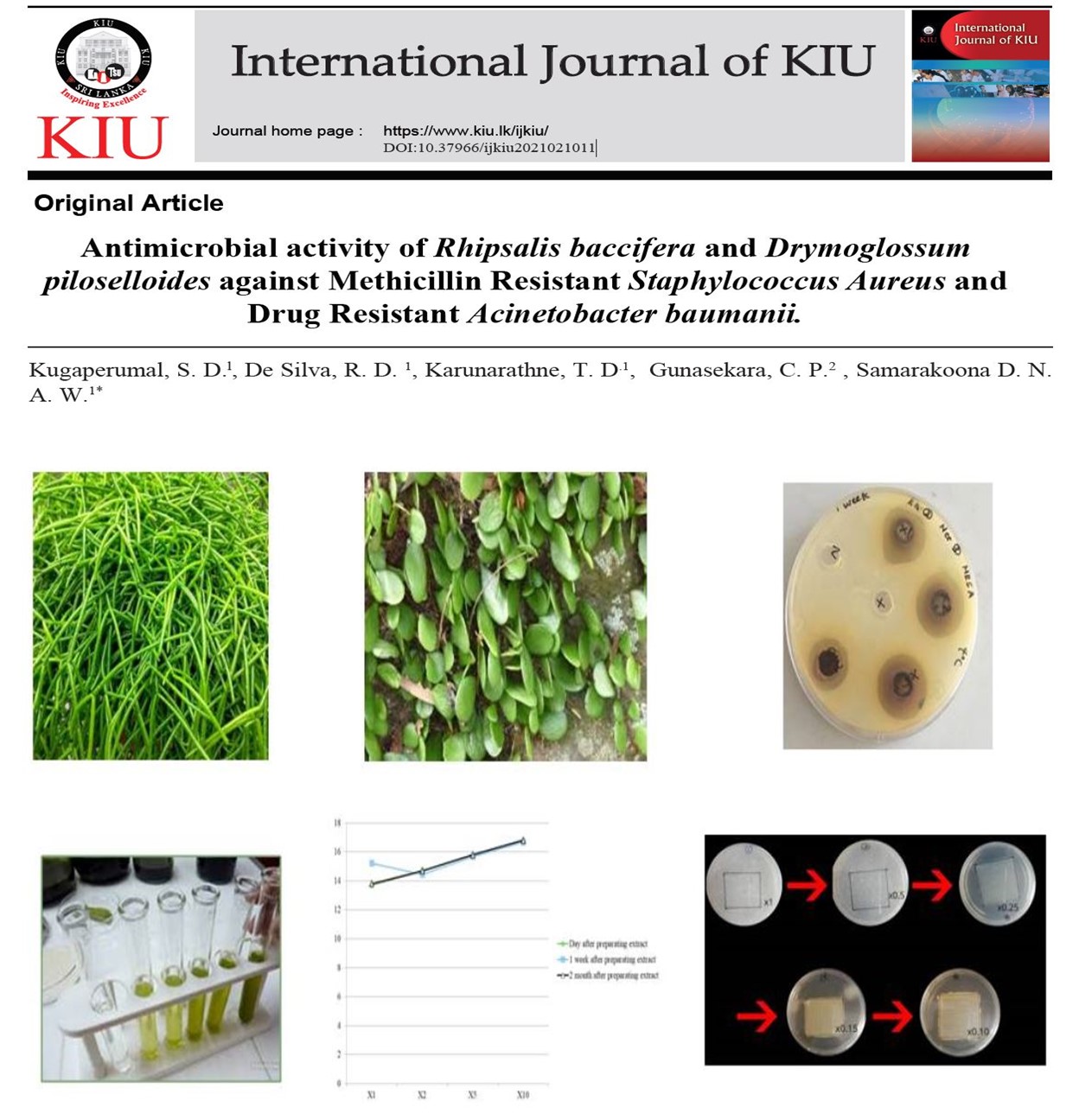
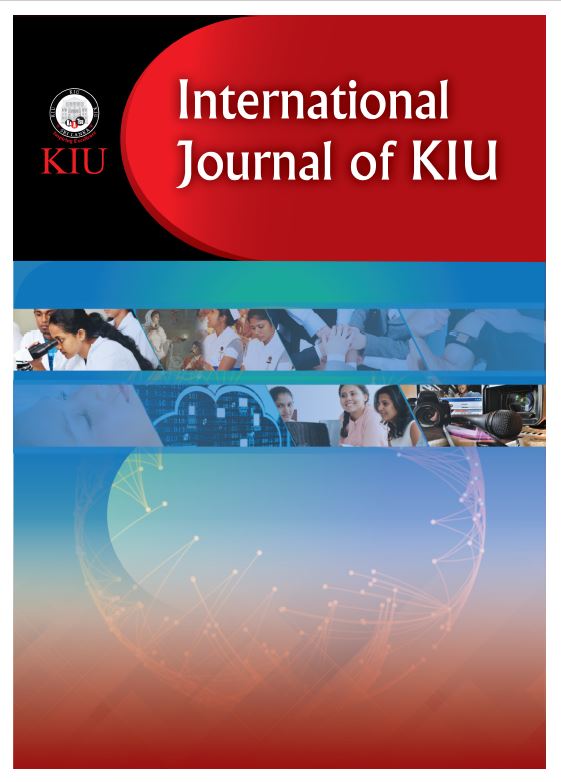
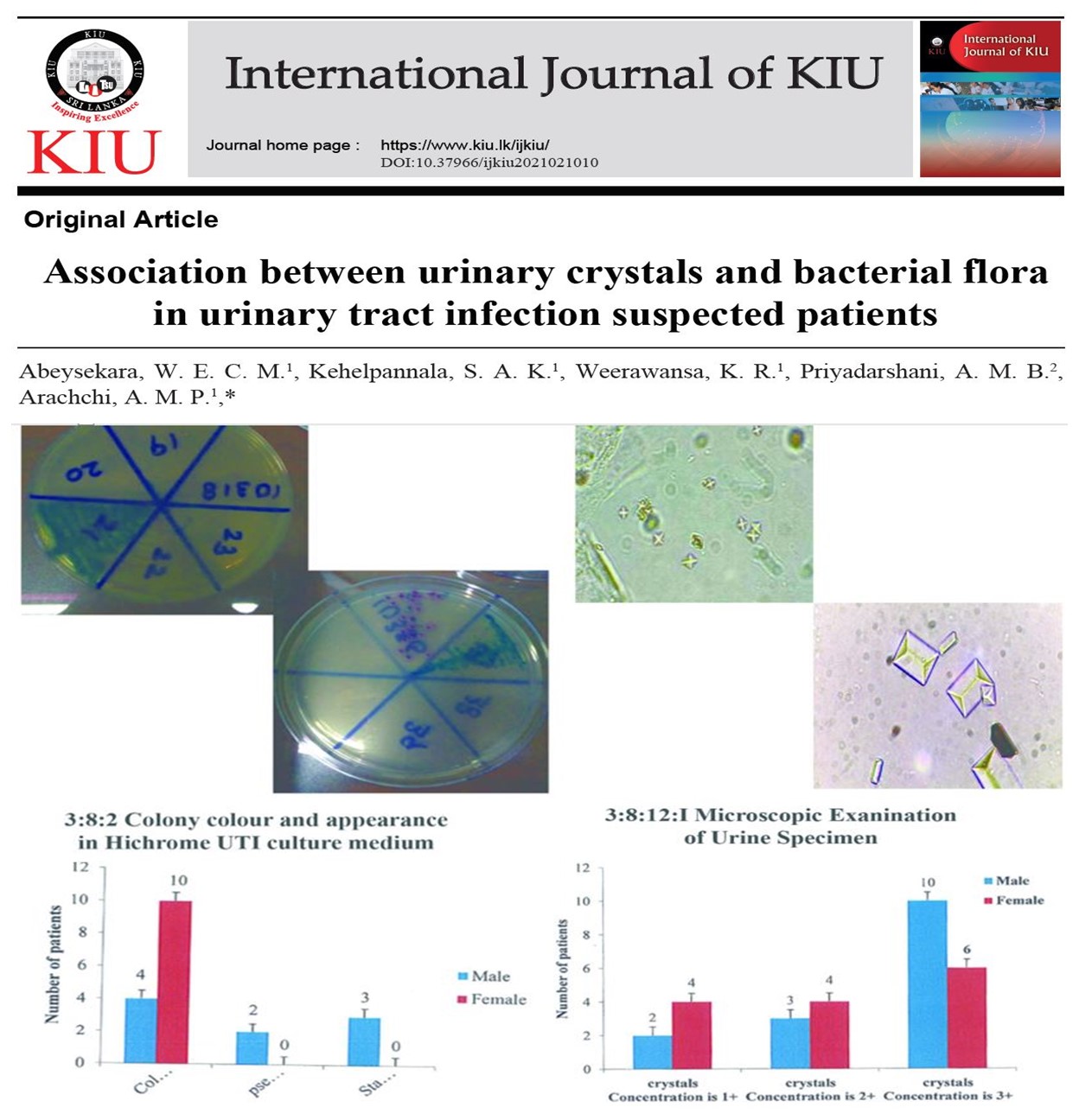
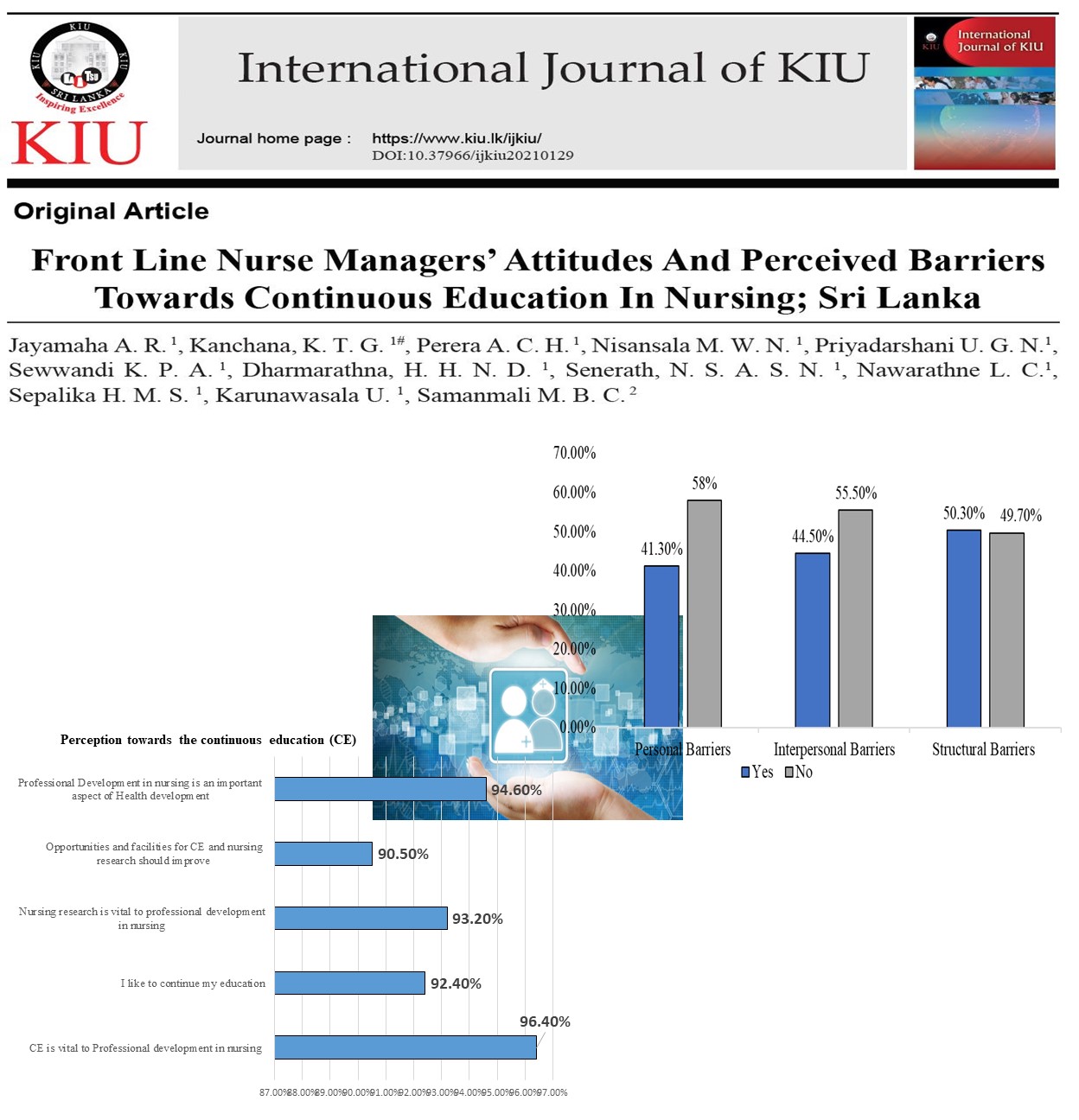
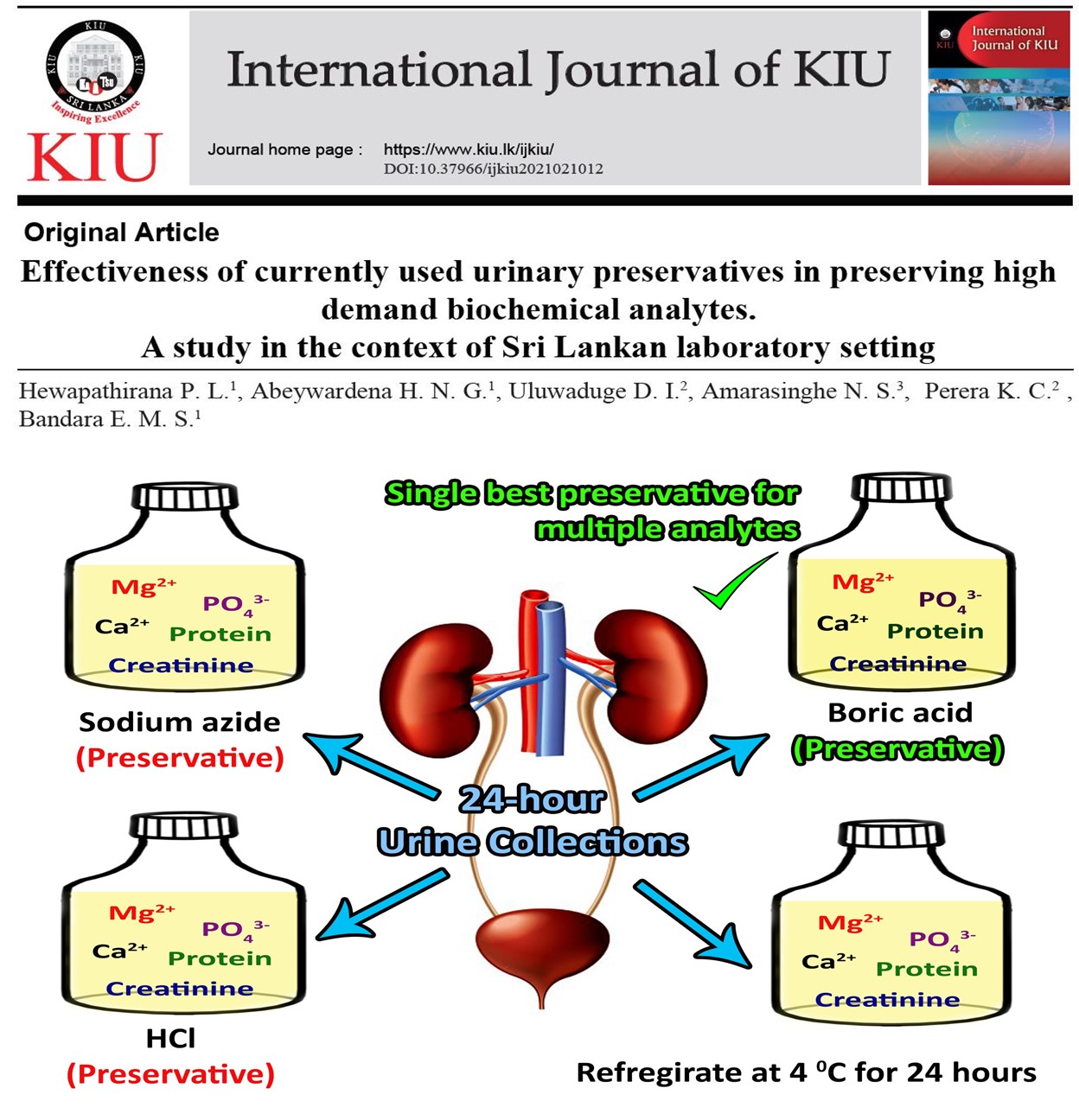
Related Articles